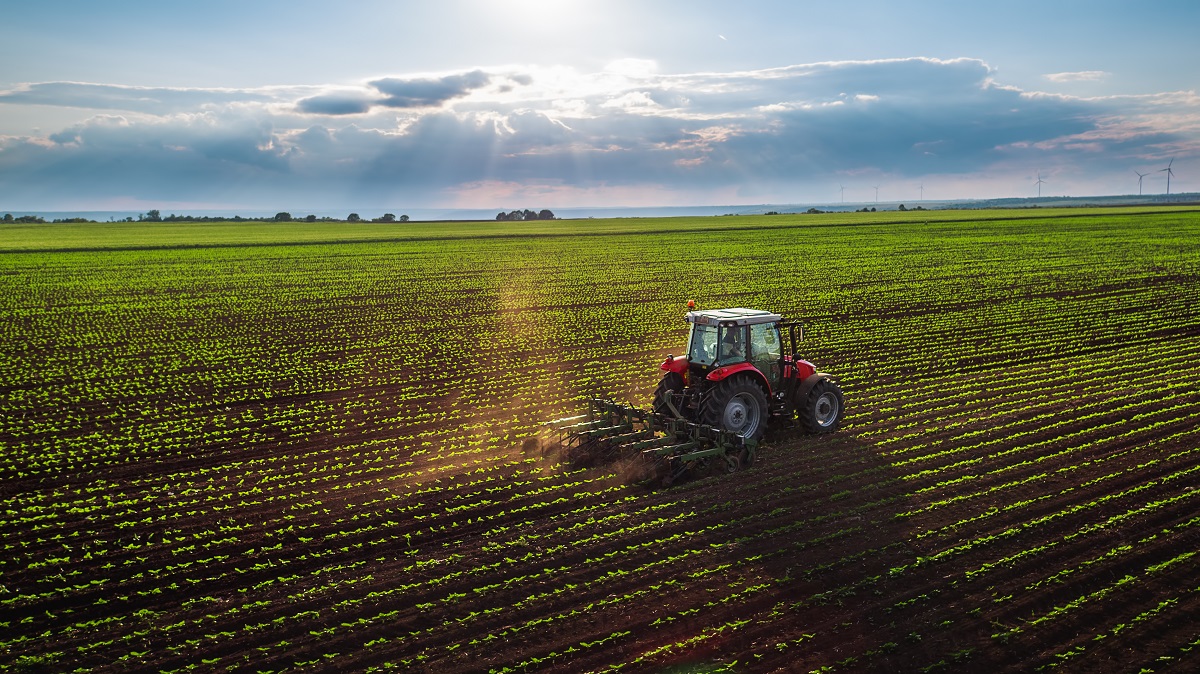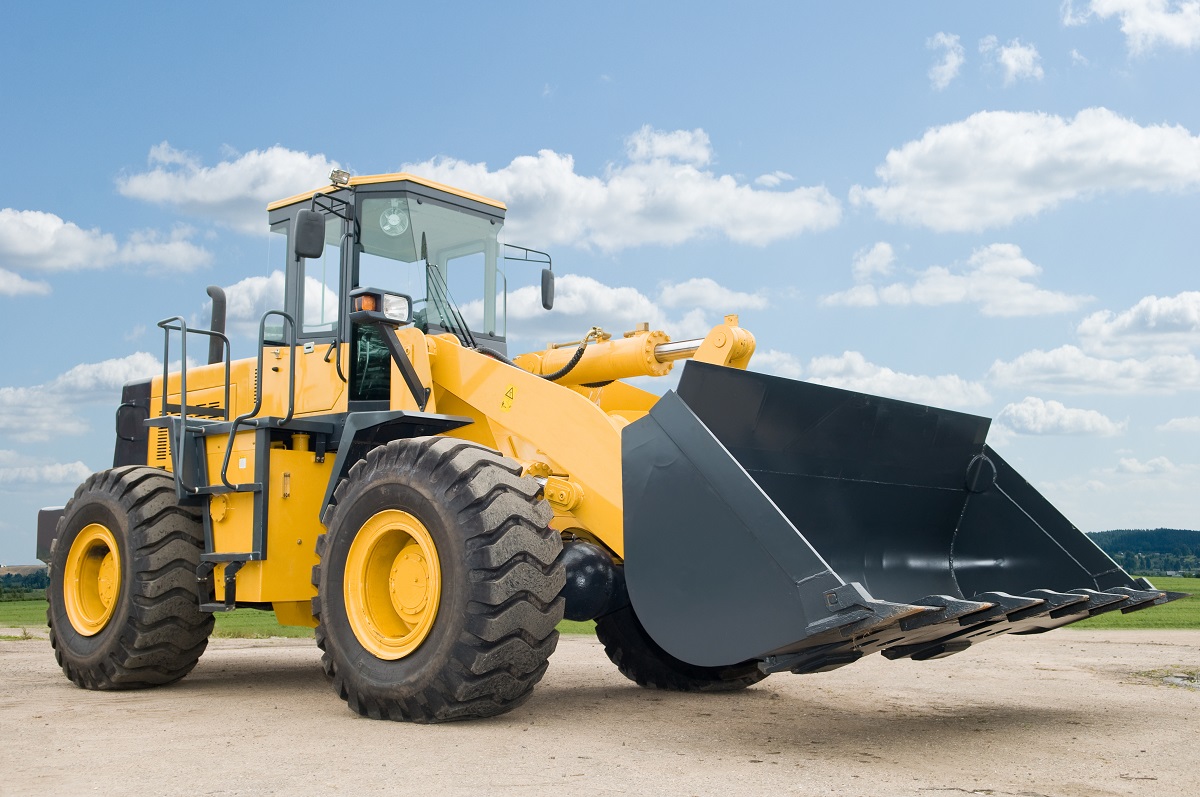- Securing land and following regulations are essential steps to starting a small farm.
- Small farms provide an essential source of food production in the U.S., contributing nearly half of all agricultural products annually.
- Tools and supplies include tractors, hand tools, irrigation systems, fertilizers and pesticides, livestock feed, and veterinary care.
- Marketing products through websites, social media pages, online marketplaces, and local farmers’ markets are essential for success.
Starting a small farm has become increasingly popular due to its numerous benefits. This type of farming offers fresh, locally-grown food for communities and families, supports local economies, and helps restore natural ecosystems. In addition, small farms can provide additional income for farmers and their families.
A National Agricultural Statistics Service study found that small farms account for 90 percent of all U.S. farms, with over 2 million small farms nationwide. These small farms are responsible for producing nearly half of the agricultural products made in America annually, including fruits, vegetables, eggs, and dairy products.
In addition to providing an essential source of food production in the U.S., small farms also help to sustain rural economies. According to a survey by the American Farm Bureau Federation (AFBF), 19 percent of all farming revenue came from direct-market sales made directly to consumers or through local retail outlets such as farmer’s markets or food co-ops.
However, starting a small farm is not an easy task. Careful planning and research are necessary to ensure your farm’s success. Here are a few steps to consider:
Securing the Land and Following Regulations

Securing the land for agriculture and following local regulations on farming is a vital part of beginning any small farm. Without the proper land and regulatory framework, farmers can face legal troubles, incur additional costs, and run into other issues that could threaten the success of their farming endeavors.
When securing land for agriculture, it is essential to understand the zoning laws in your area so that you are not violating any regulations. In addition, it is necessary to consider factors such as soil fertility, slope, drainage, and climate when evaluating potential parcels of land for farming purposes. Other things to consider include access to water sources or irrigation systems, available infrastructure such as roads or power sources, and nearby neighbors who your operations may impact.
Following local regulations governing farming activities is critical to ensuring that your farm operates within the bounds of the law. Rules may dictate what crops you can grow, whether certain animals can be kept onsite, and how far away buildings must be from property lines. Additionally, some areas require permits or insurance coverage before any agricultural operations may begin. All requirements must be met so that there are no legal repercussions.
Getting the Essential Tools

Starting a small farm requires more than just securing land and following regulations; it also involves procuring essential tools and supplies for successful operations. Farmers can struggle to produce crops, care for animals, maintain the land, and manage their businesses efficiently without these supplies. Below are some essential supplies farmers need to start a small farm.
Tools & Machinery
Tools and machinery allow farmers to plant, tend, harvest, and store crops efficiently. These include items such as tractors or other farming equipment, hand tools like shovels and hoes, seeders and planters for planting seeds in neat rows, irrigation systems or sprinkler systems for watering plants, sprayers for applying fertilizer or pesticides, balers for harvesting hay or straw bales, and storage containers to keep food fresh until it is sold. You can purchase various agricultural equipment in bulk from companies specializing in them.
Fertilizers & Pesticides
Fertilizers add nutrients back into the soil depleted over time from harvesting crops. This helps sustain soil health in the long run and improves crop yields. Pesticides help protect against insects or other pests that may damage crops or spread diseases. Both fertilizers and pesticides must be used according to local regulations to maintain healthy ecosystems without harming beneficial wildlife or endangering human health.
Livestock Feed & Supplies
If animals are kept on the farm property, livestock feed must be provided with necessary supplies such as hay and bedding materials like straw or sawdust. The nutrient-dense feed provides essential nutrition for animals to stay healthy while producing milk or meat products that people can consume. Various supplementary feeds may be needed depending on the type of animal being raised and its stage of life – calf feed differs from adult cow feed – so research is required ahead of time to understand which feeds are necessary.
Veterinary Care
Animals also require veterinary care if they become sick or injured so they can access medications that will help them recover quickly without causing unnecessary pain or distress. Although some treatments can be done at home with guidance from a veterinarian who regularly visits the farm property – such as deworming – more serious medical issues like broken bones require specialized attention only those trained in veterinary medicine can provide safely and effectively.
Market Your Products
Once your farm is established, you must advertise and market your products. You can set up a website or social media page where customers can learn more about your business and products. Additionally, many farmers have started utilizing online marketplace sites to list their products for sale. Depending on local regulations, farmers’ markets may also be an option to sell directly to consumers in person.
Final Thoughts
Starting a small farm is an exciting and rewarding experience that can benefit the community, environment, and families of those involved. The proper steps, such as securing land, following regulations, getting essential tools and supplies, providing veterinary care, and marketing products, are necessary for your farm’s success. You can become part of this growing agricultural movement with careful planning and hard work.

